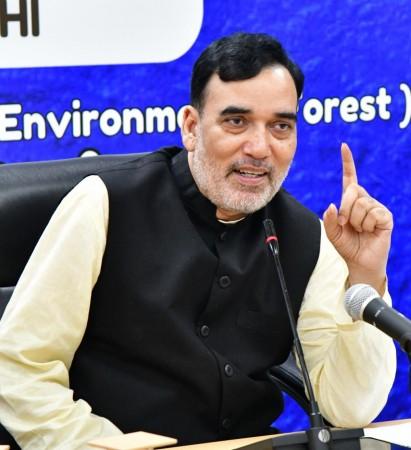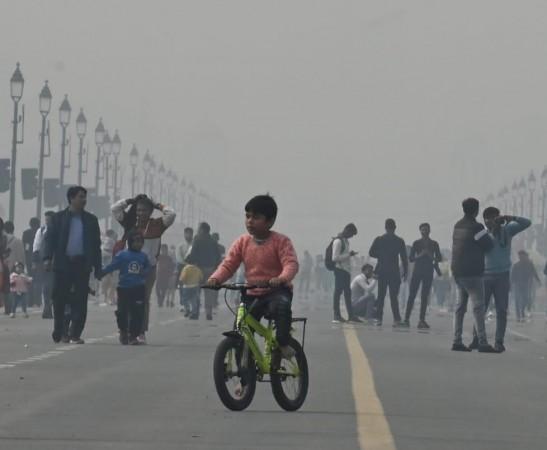
The Delhi government has issued a notification imposing a ban on firecrackers till January 1, 2025 to mitigate air pollution in winter.
Gopal Rai, Minister for Environment of Delhi, on Monday said, "As part of efforts to keep Delhi's air clean, a notification has been issued to mitigate pollution caused by firecrackers by banning their use in the winter months. The ban will remain in effect till January 1, 2025, to help curb winter pollution."
The ban also covers online sales and delivery of firecrackers in the national Capital.
Pollution levels in Delhi have steadily decreased over the past 12 months said Gopal Rai and added, "However, pollution during the winter months, particularly in November and December, still peaks significantly."
The Delhi Government is working on various Winter Action Plans to address pollution issues. Different departments have been assigned responsibilities to implement the required measures.

"An action plan will be prepared in collaboration with Delhi Police, Delhi Pollution Control Committee and the Revenue Department to strictly implement the cracker ban," he added.
Speaking about the people of Delhi bursting firecrackers despite the ban, the Minister remarked, "It is widely understood among the people of Delhi that the pollution we create ultimately affects us."
"I would like to appeal to all residents to follow the guidelines and if we unite in our efforts to reduce pollution, we can successfully lower its levels during the winter season," added the Delhi Environment Minister.
The BJP has criticised the Delhi government's decision to ban firecrackers during the festive season.
In response, Gopal Rai stated that the ban was not related to festivals but was aimed at controlling pollution levels in Delhi during the winter months.
"We also impose bans on construction, wood stoves and ovens and vehicles during winters when emergency pollution controls are required. These measures are taken to protect people's lives and manage the pollution crisis," he explained.
(With inputs from IANS)








